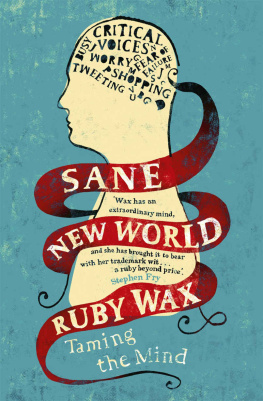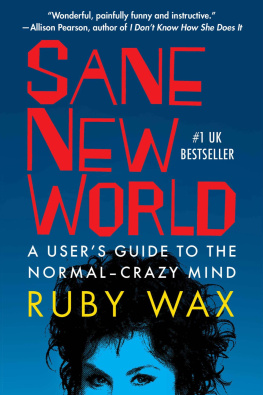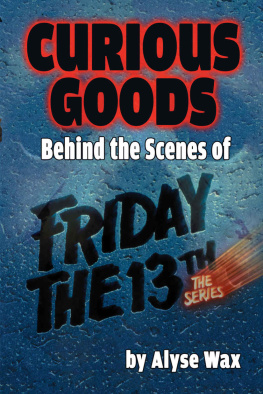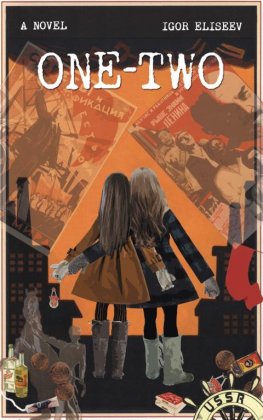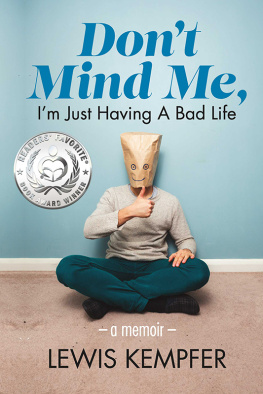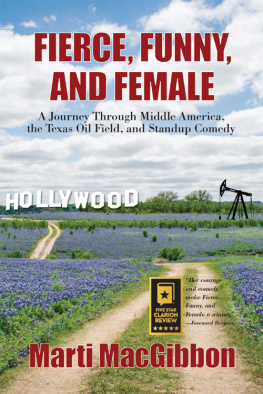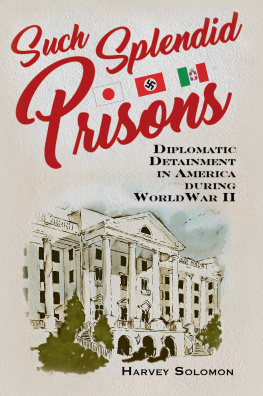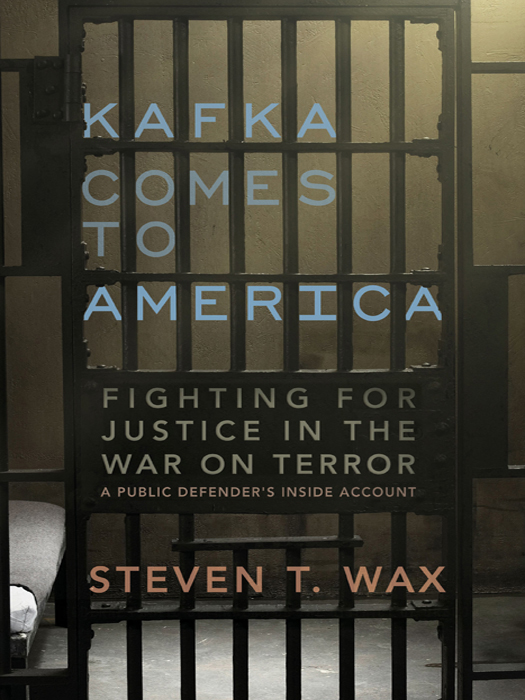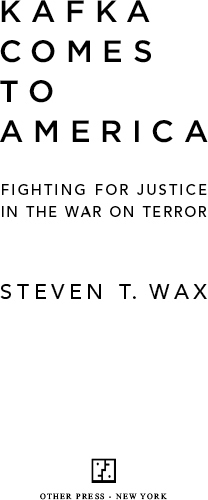For Jack and Julius
Our government is the potent, the omnipresent teacher. For good or for ill, it teaches the whole people by its example. Crime is contagious. If the government becomes a lawbreaker, it breeds contempt for law.
Justice Louis Brandeis, Olmstead v. United States, 1928
Whenever I despair, I remember that all through history the way of truth and love has always won. There have always been tyrants and murderers, and for a time, they may seem invincible, but in the end, they always fall.
Mahatma Gandhi
Contents
Prologue
We cannot defend freedom abroad by deserting it at home.
Edward R. Murrow
I N J ANUARY 2002, THE GATES OF H ELL opened in Guantnamo Bay, Cuba. The first prisoners from the U.S. incursion in Afghanistan and the hunt for Osama Bin Laden were brought trussed, blindfolded, earmuffed, and muzzled to what has become the United States most notorious prison. Two years later, terrorist bombs blasted the morning commute in Madrid, Spain, into a scene of carnage, killing 191 people, including three Americans, and wounding more than two thousand. In May of 2004, Brandon Mayfield, a lawyer in my hometown of Portland, Oregon, was arrested as a material witness to the bombings in Madrid based on a mistaken fingerprint identification by the FBI. I was assigned to represent Brandon on the night of his arrest and to represent seven of the men held in the prison in Guantnamo Bay a year and a half later.
Early in my career, I wielded the power of our law enforcers as an assistant district attorney in Brooklyn, New York, prosecuting robbers, kidnappers, and mass murderers, including the notorious Son of Sam. I worked side by side with dedicated public servants but also dealt with rogue cops who laughed as they ran roughshod over the rights of the Brooklynites they had sworn to serve. Usually the people abused were poor and black.
After a month of prodding from his students, Cox shared his experiences as the special prosecutor investigating the Watergate scandal, the burglary and cover-up that eventually led to Nixons impeachment and resignation. Coxs gangly and stooped body belied the strength of his character as he led a heady discussion about personal responsibility, the importance of the rule of law, and the abuse of presidential power.
Coxs lecture stirred memories of my familys history, the stories I had grown up with about dangerous despots, my grandfathers conscription into and flight from the czars army in Russia shortly after the turn of the century, and my great-grandfathers murder in a pogrom. This history had burned into me as a child, and I had been drawn to the law as an instrument of justice to protect the weak and oppressed. When I first headed off to law school, I thought I would be what was then called a poverty lawyer and work on civil cases to help bring about social change. My constitutional and criminal procedure classes showed me that it is in enforcing the criminal law that our government continually encroaches on our freedoms. Coxs lecture underscored how important it is to have people of integrity, who understand the limits under which they must work, wielding the governments police powers and moved me in a different direction.
After several years exercising the executives power, I realized that I was drawn into the lives of the people I was prosecuting and was too often uncomfortable with my role in taking away their freedom. I could have continued as a prosecutor in political and corruption cases, but the defense side of the bar beckoned and I left the district attorney to lead the county public defenders office in Binghamton, New York.
As much as I like helping the little guy and am fascinated and titillated by the drama of the human condition revealed in criminal cases, I have always been more interested in the big issues in these casesliberty versus security, when the police can stop us on the street, enter our homes, intercept our telephone calls or e-mails, or monitor our Internet use. For most of my career, these issues have often been obscured by the emotion of the crime and the miserable reality of the defendants lives.
In the wake of the fear spreading across the country following the attacks of September 11, 2001, on the World Trade Center and the Pentagon, the focus has shifted. The big issues at stake in the courtroom are now clearly visible as the dialogue about freedom and security has shifted to the forefront and top government officials and their lawyers openly argue that the president needs unchecked power of the kind not seen in America or England in hundreds of years in order to keep us safe. In designing and executing the war on terror, the Bush administration has argued for these expanded powers in court, worked with its friends in Congress to rewrite the law, and grabbed power through executive orders and presidential fiat. While I was comfortable wielding the executives power as a prosecutor in Brooklyn in the 1970s, I could never assist in the current efforts: They go too far and are based on too many half-truths and outright misstatements.
I have spent much of the last six years fighting against the administrations assault on civil liberties and the corrosive effect of fear. This has not been an abstract battle for justice or the concept of freedom, it has been a fight for the lives of the individuals caught in fears wake. This book tells the story of my work for Brandon Mayfield, a United States citizen and lawyer, and Adel Hamad, a Sudanese relief worker, both falsely accused in the war on terror.
1 | Footprints in the Carpet
Youre not paranoid if they are after you.
Anon.
A ROUND FOUR IN THE AFTERNOON ON April 8, 2004, Brandon Mayfields wife, Mona, walked up the front steps onto the porch of their two-story wooden home in Beaverton, on the west slope of the hills that circle Oregons largest city, Portland. Since Brandon had opened his own law practice the year before, Mona spent most days working as his paralegal and office manager, but she had taken this Thursday off to catch up on chores around the house. Juggling her purse and a bag of groceries, Mona put the key in the lock and turned it the way she had hundreds of times. But the door didnt budge. The dead bolt had been thrown, a dead bolt she and Brandon never used. Unlocking the door, she peered inside, then called out, but no one answered.
Looking around, Mona walked in slowly and went into the kitchen, where she put her purse and groceries on the counter. Then she went into the living room. As she stepped on the carpet, she stopped. She cant say why, but something just didnt feel right. Was one of the pictures on the mantel out of place? No. Well, maybe. Were the blinds on one of the windows ajar? Was that a footprint she saw in the deep-pile white carpet? Mona had vacuumed that morning and there shouldnt have been any footprints; Brandon had been in the office all day, and their children, Shane, Sharia, and Samir, had been in school. Nothing had been taken; the television and computer were where they should have been. She stood there a while, shook her head, then went back into the kitchen to prepare dinner.
When Brandon got home that night, Mona checked with him. Did you use the dead bolt when you left for work today?
No, he answered. Why?
Mona told Brandon what had happened. They looked around together, but nothing was missing and they could not be sure anything was out of place. Brandon checked with the kids, but none of them remembered using the dead bolt and none had come home from school during the day. The whole family went to bed that night with a lingering sense of unease, though Mona and Brandon wondered if they were just imagining things.


